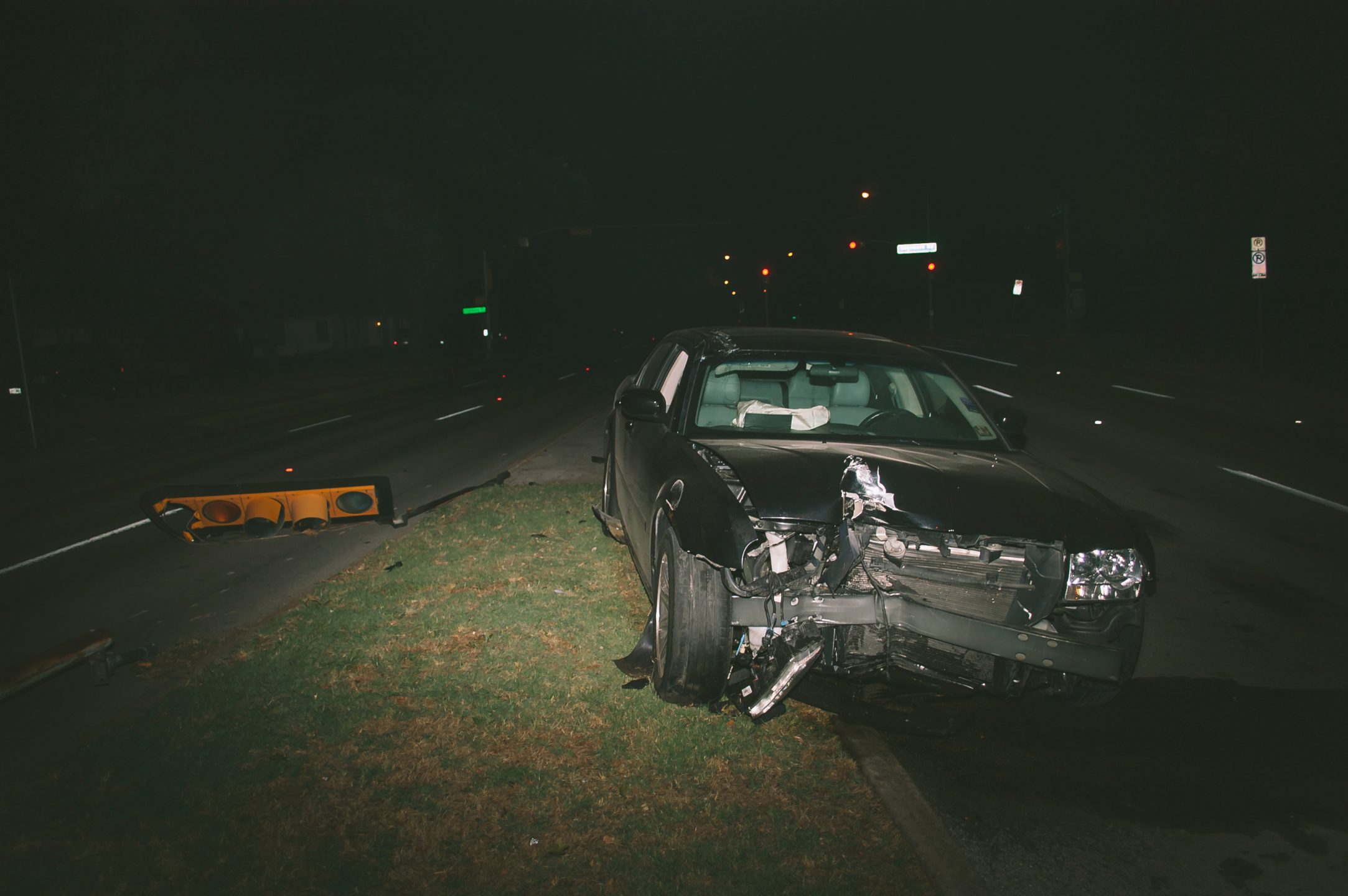The Supreme Court of Canada dismissed the Plaintiff’s application for leave to appeal to the highest court in Canada in the case of McIver v. McIntyre, thus upholding the findings of the Alberta Court of Appeal.
This case dealt with whether an injured party can recover damages against an owner of a vehicle that was involved in a motor vehicle accident when the owner was not present at the time of the collision or had any supervision over the individual who caused the accident.
WHAT HAPPENED?
On April 23, 2012, Carlyle Willis McIntyre (“McIntyre”) brought his vehicle into an auto repair shop, Calgary Propane, for repairs to the vehicle’s brakes. While working on the vehicle, a mechanic took the vehicle out for a test drive. A motor vehicle accident ensued and Brent McIver (“McIver”) was injured as a result of the accident.
Both McIver and the mechanic were driving in the course of employment and were covered under the Workers’ Compensation Act (“WCA”), as was Calgary Propane, at the time of the accident.
McIver sued McIntyre, the vehicle’s owner, for his injuries relying upon section 187 of the Traffic Safety Act (“TSA”), maintaining that McIntyre owned the vehicle and gave consent to the negligent employee to drive his vehicle. This section states that vehicle owners are vicariously liable when their vehicles are involved in a collision.
McIntyre defended the lawsuit and argued that he was not responsible for the accident as he had no control or power over the mechanic at the time of the accident.
McIver was barred from suing both Calgary Propane and the negligent employee due to section 23 of the WCA, which states that employees and employers cannot be sued for injuries to other workers that occur when the worker is involved in the course of his/her employment.
Although this statutory protection extends to the mechanic and the auto body shop, this exemption did not extend to McIntyre as the vehicle owner.
The question before the court was whether the court should apportion McIver’s loss between Calgary Propane (for the negligence of its employee, but is immune under WCA) and McIntyre (who is vicariously liable under the TSA as the owner of the vehicle), and if so, how much of the loss should be apportioned to these parties.
TRIAL COURT DECISION
The trial judge for the Alberta Court of Queen’s Bench held that liability could be apportioned between the vicariously liable owner of the vehicle, McIntyre, and the vicariously liable employer of the negligent employee driver, Calgary Propane.
Justice G.A. Campbell only held McIntyre responsible for the portion of McIver’s loss that he had caused, and concluded that the garage employer was 100% liable for the accident.
The trial judge relied upon the Supreme Court of Canada’s decision in Blackwater, which stood for the principle that he court should review the facts and determine the apportionment of liability based upon the respective level of supervision each vicariously liable party had over the negligent party.
In conclusion, the trial judge held that the garage had full control over the vehicle and McIntyre did not have control over the vehicle at the time of the accident. Furthermore, McIntyre was not involved in the decision regarding which mechanic drove his vehicle.
Justice Campbell concluded that McIntyre was 0% responsible for the supervisory duty over the mechanic and therefore 0% at fault for the accident. However, despite the fact that the trial judge found that the garage was 100% vicariously liable for the accident, the garage could not be sued for negligence given the statutory immunity in section 23 of the WCA. Thus, McIver could not recover compensation for his loss from either party.
COURT OF APPEAL DECISION
The trial judge’s decision was appealed to the Alberta Court of Appeal, which was asked to resolve the following two issues:
- Did the trial judge err in holding Calgary Propane at fault for McIver’s loss and did Calgary Propane contribute to the loss for the purposes of section 23(2) of the WCA such that the loss must be apportioned between Calgary Propane and McIntyre according to their respective degrees of fault?
- If not, did the trial judge err in apportioning 100% fault for McIver’s loss on Calgary Propane?
The Court of Appeal agreed with the trial judge’s decision to examine the amount of control each party had over the mechanic.
The Court of Appeal upheld the trial judge’s decision that 100% liability should be apportioned to Calgary Propane as the garage had full control over the vehicle and over who drove the vehicle at the time of the accident. The Court of Appeal also agreed that McIntyre had no control or power over who drove the vehicle and no contact with the mechanic who drove the vehicle. Thus, the Court of Appeal dismissed the appeal.
The Court of Appeal specifically stated that this decision will not apply to every situation when an owner leaves his/her vehicle at a garage for repairs and an employee is involved in an accident causing injury.
The trial judge’s decision on apportionment was sensitive to Mr. McIntyre’s and Calgary Propane’s degrees of supervision over, and contact with, the negligent driver. On different facts, other considerations and a different apportionment might well be appropriate.
If you or a loved one have been injured in a motor vehicle accident, you may be entitled to compensation for the damages you have suffered. Please contact the award winning lawyers at Cuming & Gillespie LLP either online or by calling 403-571-0555. We can get started with a free case evaluation and are dedicated to providing you with the legal help you deserve.

